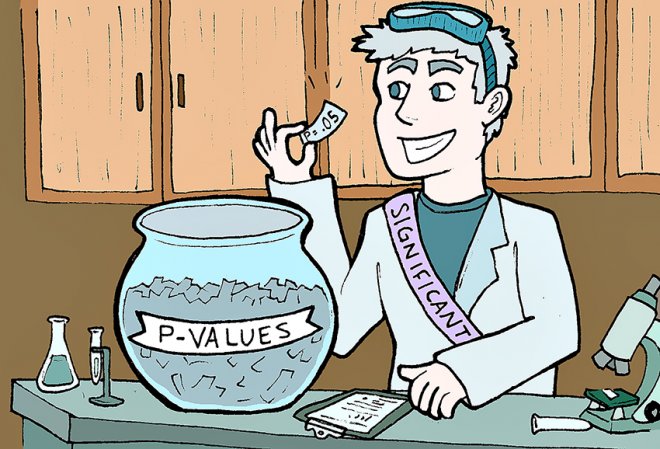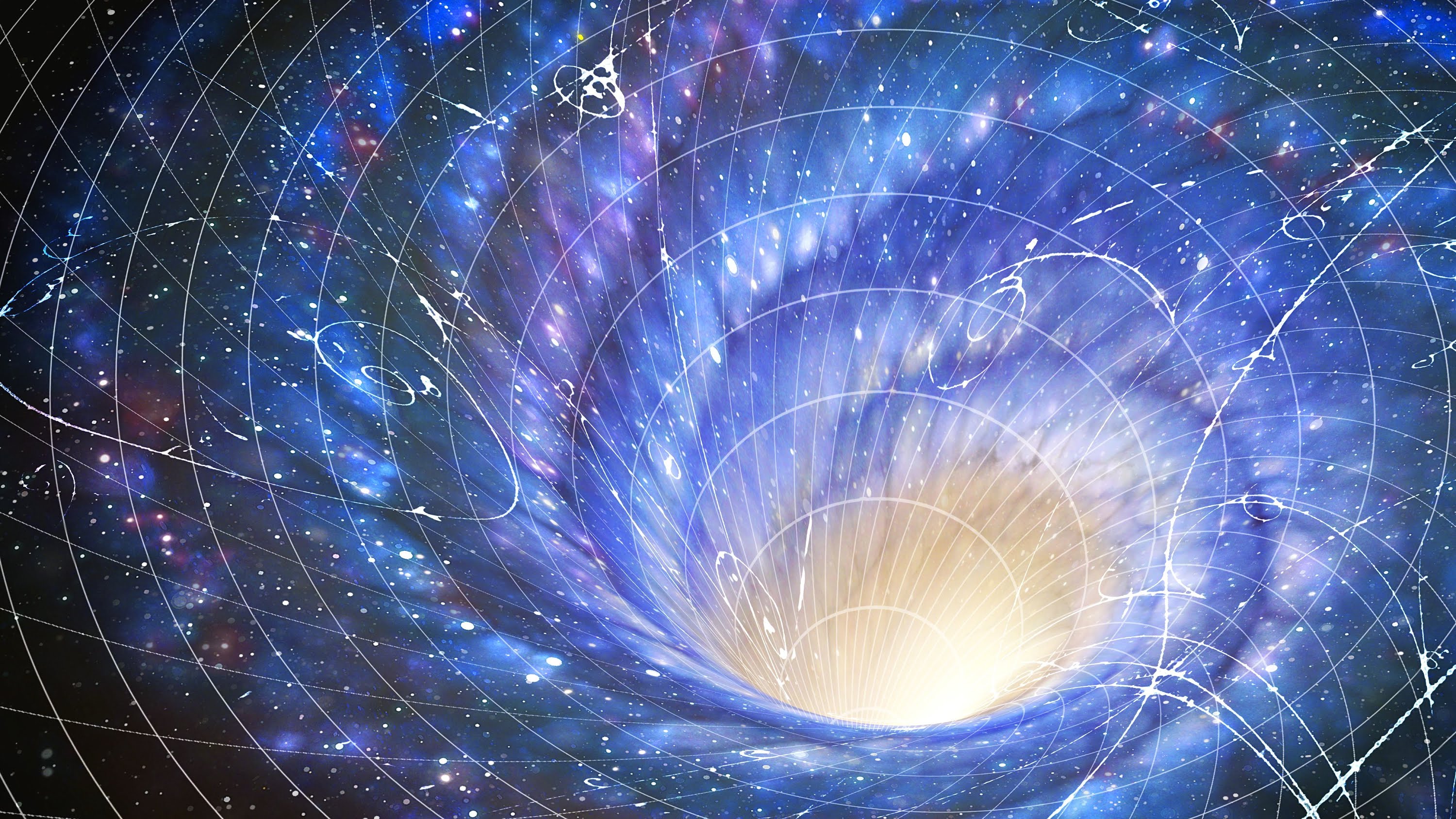By: Kelsey Thomas
“That’s one small step for man, one giant leap for mankind.”
-Neil Armstrong, July 20, 1969
Neil Armstrong was a man of relatively few words. He rarely made public appearances, and interviews were equally rare. These words, famously spoken as he took those first historic steps on the moon, are without question his most memorable.
This Saturday, Armstrong passed away following complications from a cardiovascular procedure. Upon his death, perhaps we should focus on his more recent words.
In recent years, Armstrong has publicly expressed his concerns regarding the direction America’s space program is going. He testified to Congress about his reservations surrounding President Obama’s 2011 budget proposal, which did not allocate funds to Constellation, a human spaceflight program with goals of reaching the moon again and eventually Mars.
“I fully expected that, by the end of the century, we would have achieved substantially more than we actually did.”
-Neil Armstrong, November 6, 2005
This is certainly not a partisan issue. NASA spending has seen its ups-and-downs, regardless of the party in power. Reaching a high of 4.41 percent of the total federal budget under Lyndon Johnson in 1966, NASA’s budget was downsized to 0.82 percent of the federal budget under Ronald Reagan in 1981. During George Bush Sr.’s administration, NASA spending rose again to 1.05 percent of the federal budget. This has taken another fall, landing at only 0.47 percent of the federal budget in 2011.
It’s not just a governmental issue. A lack of knowledge about scientific issues, including NASA, is pervasive throughout our society. In their book Unscientific America, Chris Mooney and Sheril Kirshenbaum point out the lack of coverage on science in the media. For every five hours of cable news programming, they found that science segments totaled less than a minute.
Think about it yourself. Albeit not empirical evidence, it seems as though the number of children who dream of becoming astronauts is decreasing. Buzz Aldrin is less known by many millennials for his walk with Neil Armstrong than his waltz on “Dancing with the Stars.” Who will continue to go to the moon, take chances, and make discoveries if the future leaders of our country have not fostered their own sense of scientific curiosity?
“It suddenly struck me that that tiny pea, pretty and blue, was the Earth. I put up my thumb and shut one eye, and my thumb blotted out the planet Earth. I didn’t feel like a giant. I felt very, very small.”
-Neil Armstrong, December 11, 1972
America’s legacy of scientific innovation is in jeopardy, and we are at a crossroads. We can continue down this path of apathy, or we can reverse the trend.
As we move forward into the upcoming presidential elections, we have an opportunity to put America back at the forefront of space travel. The American people must insist on a dialogue about science, space, and discovery between our candidates. As we do this, let us remember the words of a great man who took those first steps for us.
“I believe that every human has a finite number of heartbeats. I don’t intend to waste any of mine.”
-Neil Armstrong (August 5, 1930 – August 25, 2012)

